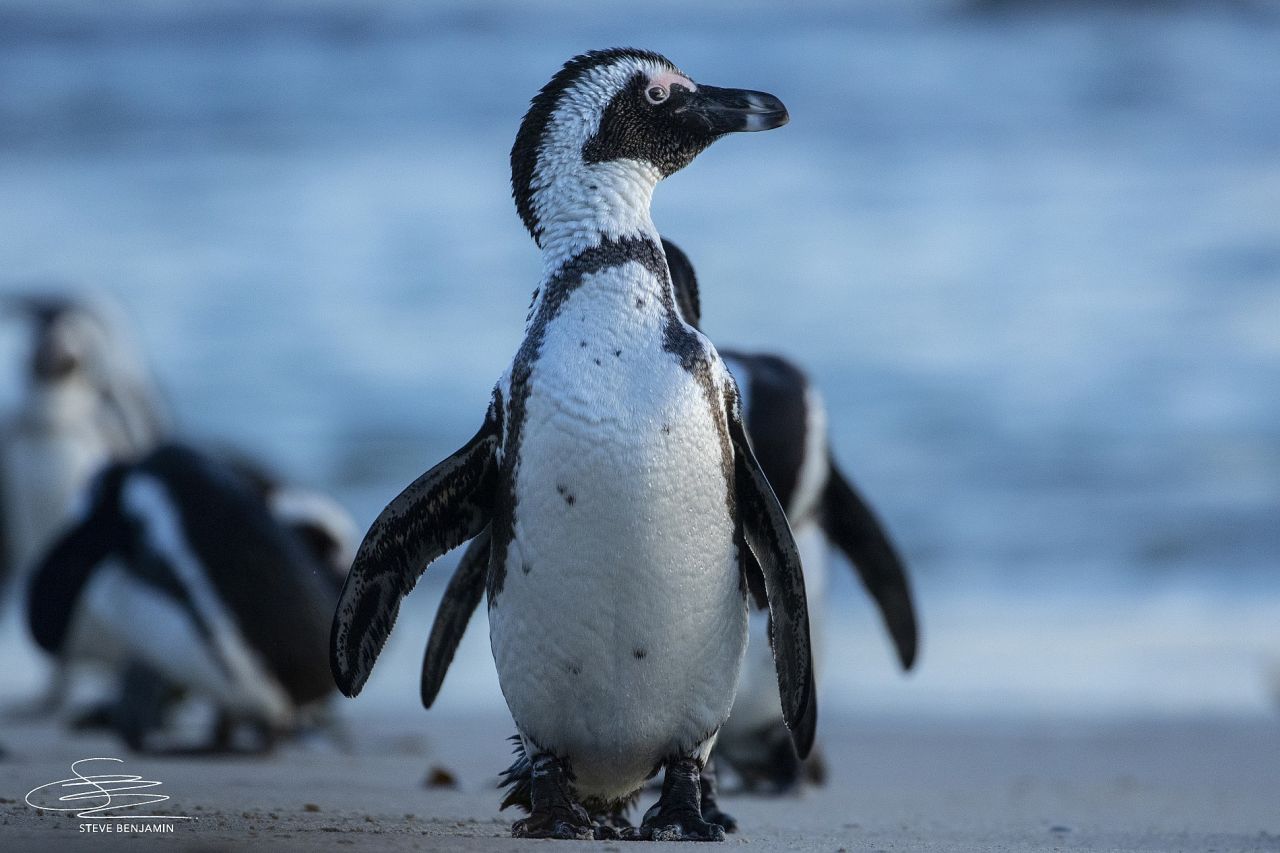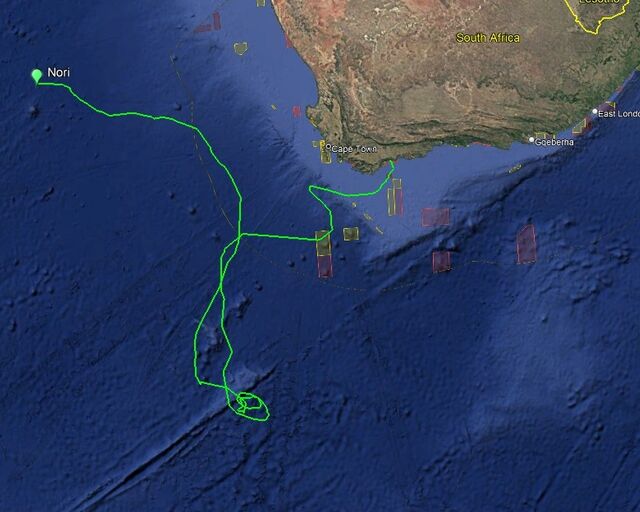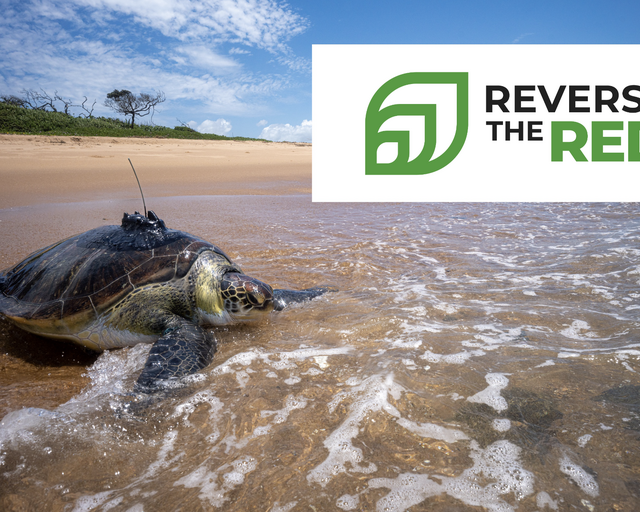#NotOnOurWatch: Immediate action is needed to save the African penguin from extinction
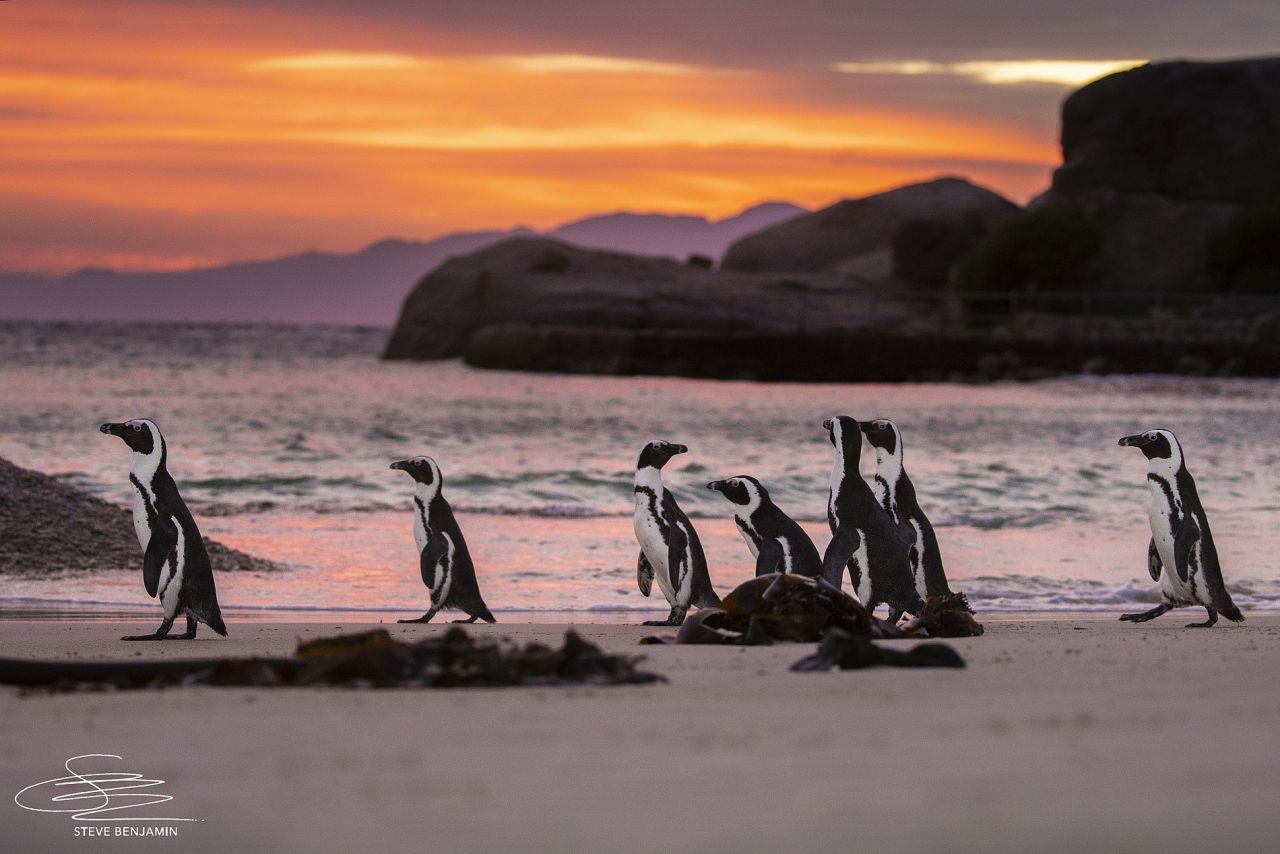
There's no way around the facts - at their current rate of decline, African penguins are going to be functionally extinct in the wild within 20 years. By 2035, some colonies which have thrived on the South African coastline for hundreds of years will be no more. Without immediate action, a future without African penguins in the wild is certain. We can prevent this - we can say #NotOnOurWatch.
- 100 years ago, there were between 1.5 and 3 million African penguins on the South African and Namibian coasts.
- Single colonies alone, like Dassen Island, were once home to about a million breeding pairs of African penguins.
- Today, there are fewer than 10 400 breeding pairs left in the wild. That number is steadily decreasing.
To put that in perspective, if you gave every remaining wild African penguin in South Africa a seat at the Cape Town Stadium - it would only be a third full. If we still had the population of penguins we did in 1900, we could fill every single stadium seat in the whole of South Africa with a penguin!
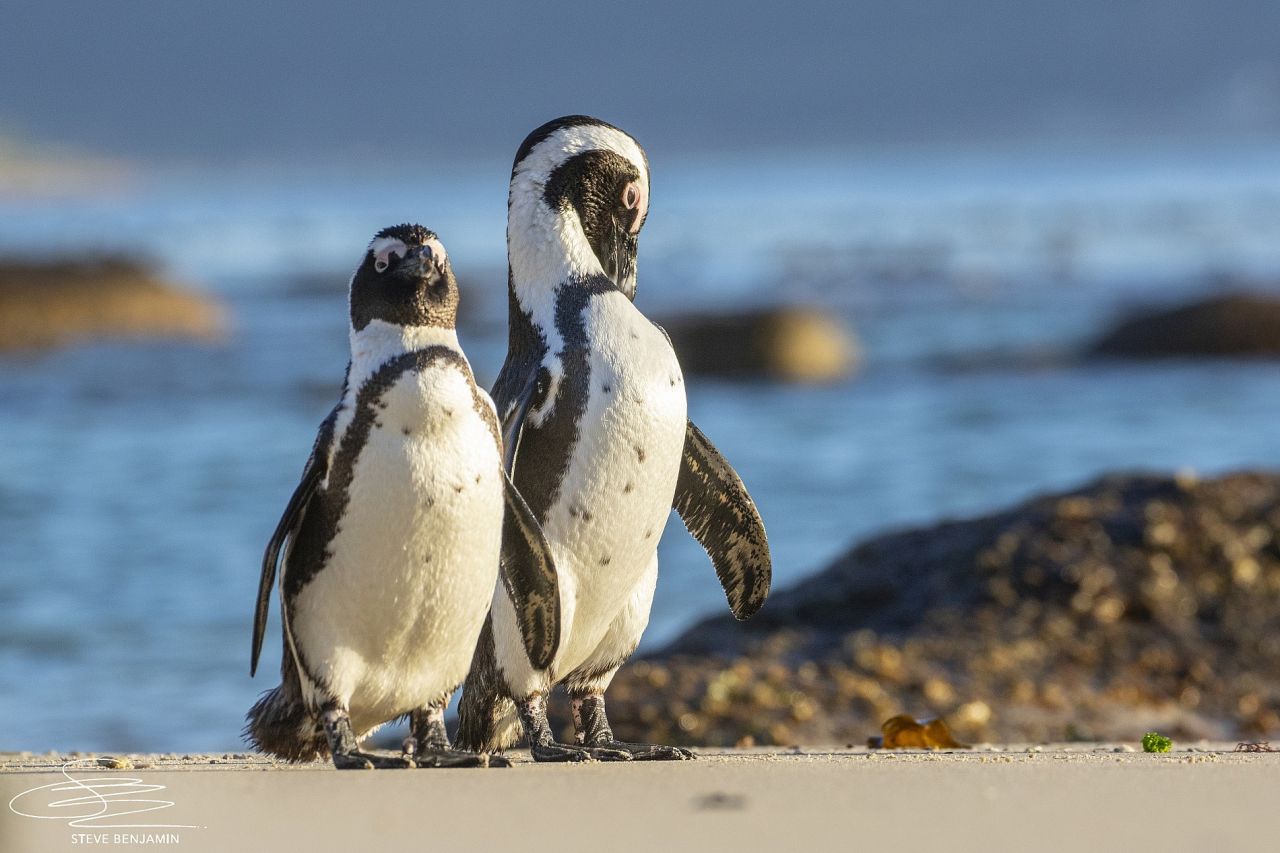
What is "functional extinction"?
To support a population, there needs to be a large enough number of penguins to support genetic diversity, provide resilience to natural disasters, and allow for reproductive replacement. Functional extinction means is that if there are too few penguins, then they won't be able to find mates to prevent dwindling numbers, they won't have the genetic resilience to overcome diseases or to adapt to a changing environment, and they will not be able to overcome even the smallest of damage to their colonies.
Basically, the few penguins that remain at this point will not be able to rebuild their species. It will be a downward spiral, first individual colonies will disappear, and eventually, the few "strong" colonies will fail too, until there are no penguins left.
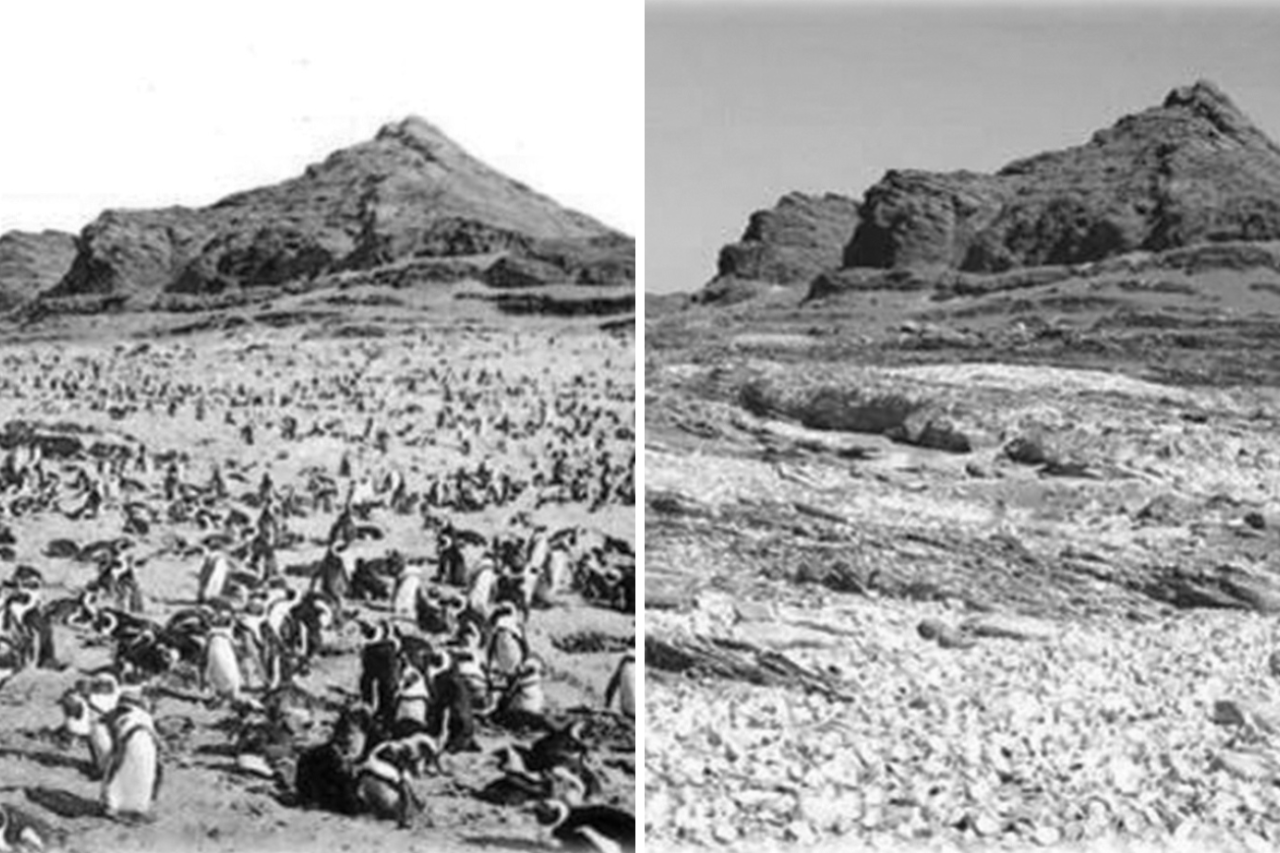
What is the value of the African penguin?
African penguins are important. They are an indicator species, a sentinel of the health of our ocean ecosystems. The health of African penguin colonies is a direct reflection of the health of their habitat, and the declining populations of penguin colonies that we see today is a strong indication that the health of parts of the marine ecosystem that we cannot easily see is in decline as well. Penguins are also known to directly contribute to the ocean's nutrient cycle, and their hunting activities are also known to encourage the grouping of smaller prey animals, making them more accessible to other seabirds. In other words, the decline of the African penguin tells us that parts of the ecosystem that we humans need too, like commercially important fish stocks, are also in trouble in these areas.
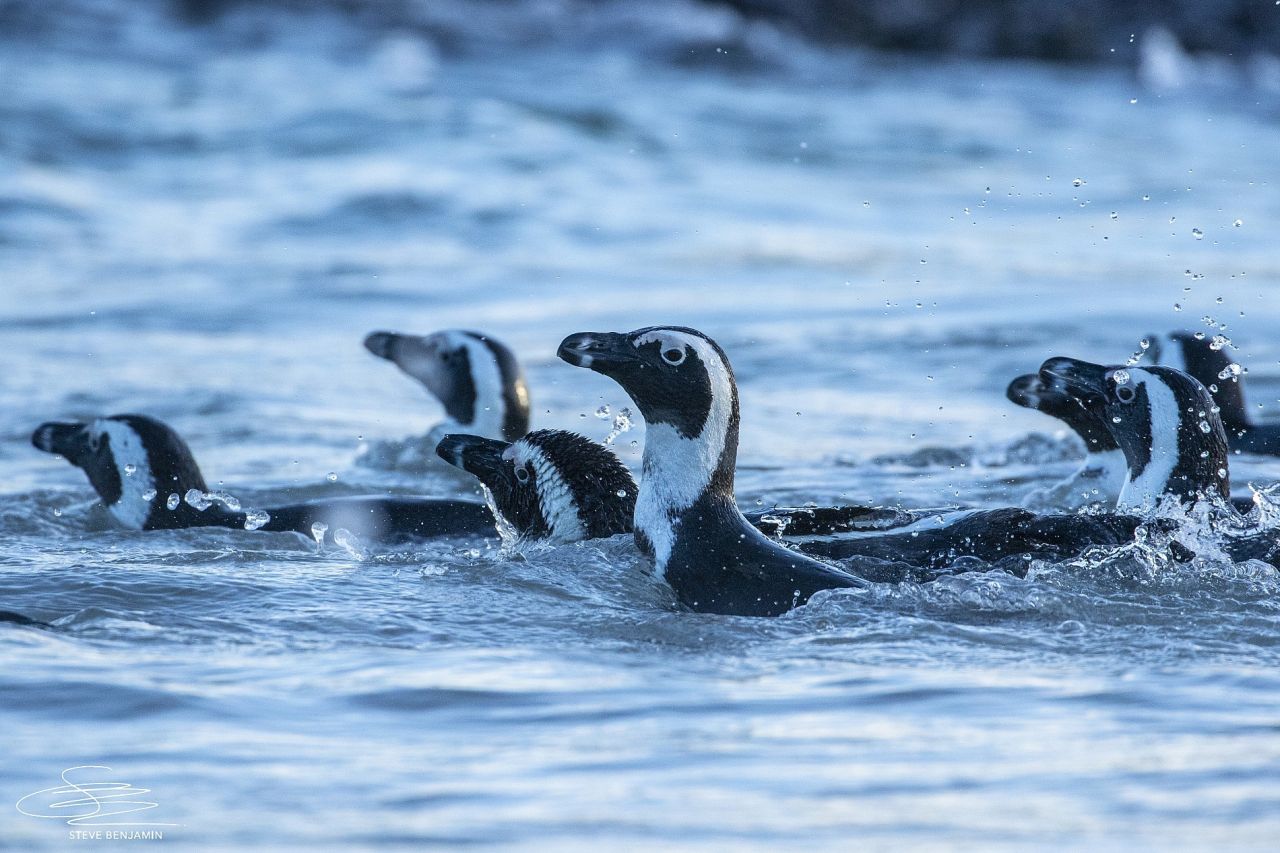
These penguins also have a tangible economic value to humans too. Almost a third of visitors to Cape Town listed visiting Boulders Beach as one of their reasons for visiting the Cape. This single colony generated a turnover of over R300 million in 2018 in associated offerings, and benefitted a further 48 local businesses - creating at least 885 jobs. African penguins are a cornerstone of South African tourism, and their loss will result in a permanent detriment to the coastal communities that rely on tourism to boost their local economy.
